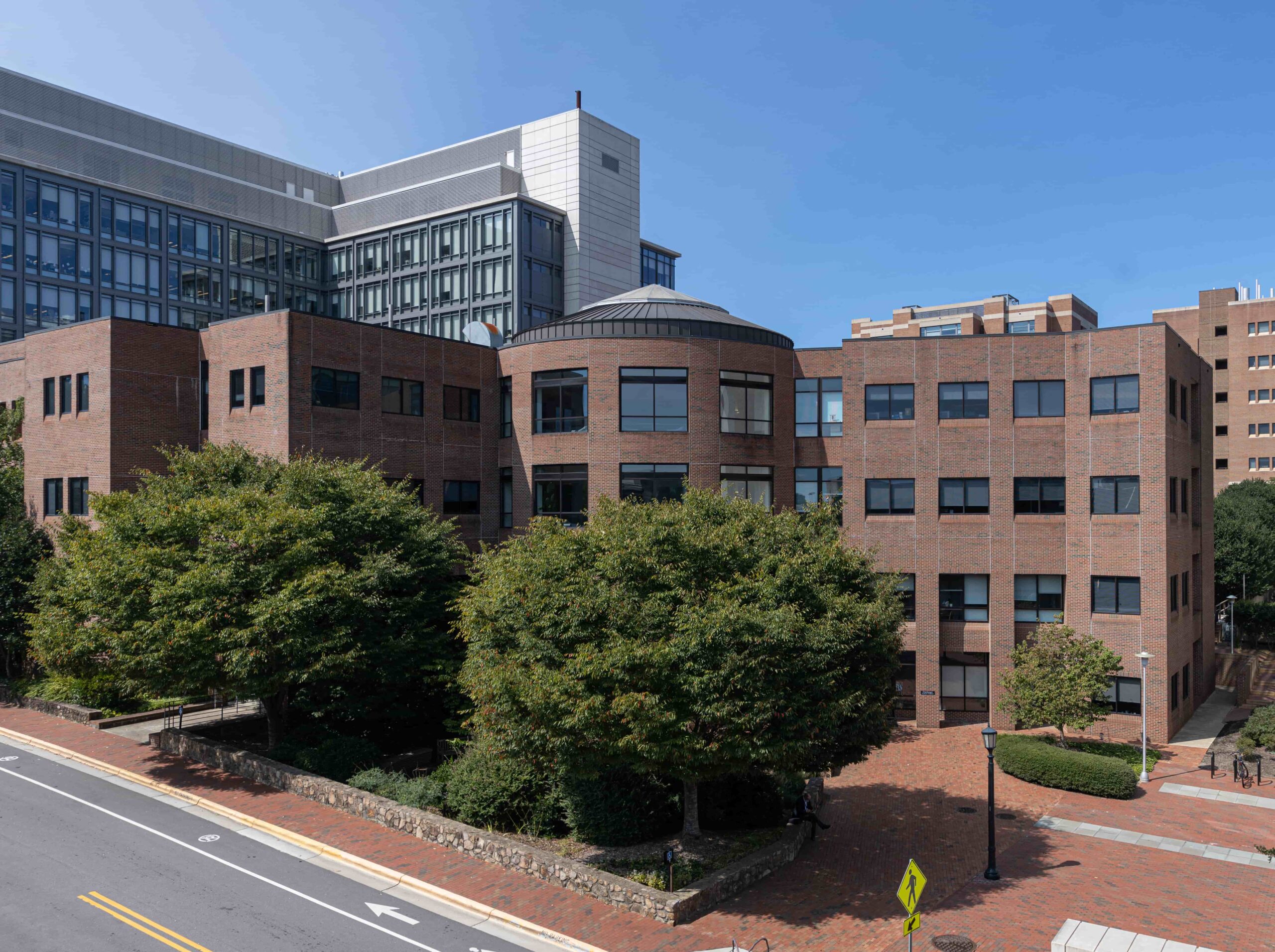 UNC Lineberger awarded 17 developmental research grants totaling nearly $1.1 million to faculty during the spring 2022 award cycle.
UNC Lineberger awarded 17 developmental research grants totaling nearly $1.1 million to faculty during the spring 2022 award cycle.
A committee of 36 UNC Lineberger faculty peer reviewers, including UNC Lineberger leadership, selected the recipients from a pool of 37 applications. Funding is made possible by the University Cancer Research Fund and other sources.
“The developmental fund awards are important because they encourage high-risk, high-reward, innovative and collaborative ideas that will positively impact cancer patients in North Carolina and beyond,” said Andrea Walens, PhD, UNC Lineberger’s assistant director for collaborative research. “The spring 2022 award cycle included many innovative ideas, the use of novel technologies and submissions from first-time applicants. This demonstrates the collaborative nature of UNC Lineberger, its strong training environment, and its commitment to advance cancer research through investments in the latest technologies.”
UNC Lineberger awards developmental research grants each spring and fall. The program has two funding levels: Tier 1 provides up to $50,000 in pilot funding, and Tier 2 provides up to $100,000 per year, for one or two years. Research that is innovative and has potential to advance the scientific understanding of cancer and/or clinical and public health practice is more likely to receive funding. Within each tier, proposals are accepted in basic, clinical/translational, and population science. Additionally, targeted requests for applications (RFAs) may be added to each award cycle.
The spring 2022 award cycle included an RFA for single cell and geospatial technologies, which generated several applications in the basic and clinical/translational categories. Also, postdoctoral fellows were invited to apply for Tier 1 awards. Eight applied, and four received funding.
The upcoming fall 2022 award cycle will have five targeted RFAs:
- Matching funds for single cell nucleic acid sequencing and geospatial analysis
- Virology associated collaborations and projects
- Cancer survivorship
- Population science approaches to address cancer disparities in North Carolina
- Protein binding therapeutic/diagnostic shared resource
The applications for the fall award cycle are due Oct. 3 at 5 p.m. and can be submitted online later in September. To expedite the review process, principal investigators are encouraged to email (lccc-dev-awards@office.unc.edu) a non-binding letter of intent (LOI) listing investigators’ name and project title by Sept. 12. Proposals will be accepted without a LOI.
The spring 2022 award recipients
Tier 1 – Basic Science
Russell Broaddus, MD, PhD, Chair, Pathology and Laboratory Medicine
Project Title: Identifying intra-tumoral spatial transcriptional changes in CTNNB1-mutant endometrial cancers: impact of nuclear localization of mutant b-catenin
Michael East, PhD, Assistant Professor, Pharmacology
Project Title: Defining heterogeneity in kinase expression and dynamics in TNBC patient derived organoids using kinome targeted single cell RNAseq and ATACseq
Zibo Li, PhD, Professor of Radiology
Project Title: A Light Shield for Protecting Sensitive Organs Against Cytotoxic Therapeutics
Cary Moody, PhD, Associated Professor, Microbiology & Immunology
Project Title: Virus: Host Interactions that Regulate HPV Replication
Samantha Pattenden, PhD, Associate Professor, Center for Integrative Chemical Biology and Drug Discovery
Project Title: Development of a platform for therapeutic target discovery and diagnosis of alternative lengthening of telomeres (ALT) cancers
Philip Spanheimer, MD, Assistant Professor of Surgery
Project Title: Targeting the RET Receptor Tyrosine Kinase in Tamoxifen Resistant Breast Cancer
Tier 1 – Clinical/Translational
Kathryn Gessner, MD, PhD, Fellow, Urologic Oncology
Project Title: Geospatial transcriptomic characterization of urothelial carcinoma in situ (CIS) to decipher cancer biology and enhance therapy
Joannie Ivory, MD, MSPH, Chief Fellow, Hematology/Medical Oncology
Project Title: Impact of race and age on intrinsic subtype distribution and treatment decisions in hormone receptor-positive metastatic breast cancer
Kelly Tan, PhD, Postdoctoral Fellow, Nursing
Project Title: Development of a person reported outcomes monitoring and resource bridging intervention for caregivers of bone marrow transplant recipients.
Tier 1 – Population Science
Alice Ammerman, DrPH, RD, Professor, Nutrition
Project Title: Formative study to inform cancer prevention (tobacco and diet) through an interactive digital intervention at Fort Bragg
Chelsea Anderson, PhD, Postdoctoral Fellow, Epidemiology
Project Title: Care coordination and health after endometrial cancer
Matthew LeBlanc, PhD, Postdoctoral Fellow, Cancer Outcomes Research Program
Project Title: Patterns of multiple myeloma care and survival in North Carolina: An exploration of the influence of race, place, and time
Tier 2 – Basic Science
Shobhan Gaddameedhi, PhD, Associate Professor, Biological Sciences, NC State
Project Title: The Role of Circadian Clock in Protection Against Radiation- and Doxorubicin-Induced Cardiotoxicity.
Jesse Raab, PhD, Assistant Professor of Genetics
Project Title: Defining the role of the BAF complex in primary liver cancers
Tier 2 – Population Science
Ebonee Butler, PhD, Assistant Professor, Epidemiology
Project Title: “An interdisciplinary approach to improve instruments of pre-diagnostic health care in a racially diverse North Carolina population”
Lorinda Coombs, PhD, Assistant Professor, Nursing
Project Title: Values assessment tailored for women with metastatic breast cancer and their caregivers: Adaptation and Pilot Study of a Values Assessment Tool (VAST)
Katherine Reeder-Hayes, MD, MSc, MBA, Associate Professor, Medicine
Project Title: Using Patient-Reported Data to Address
